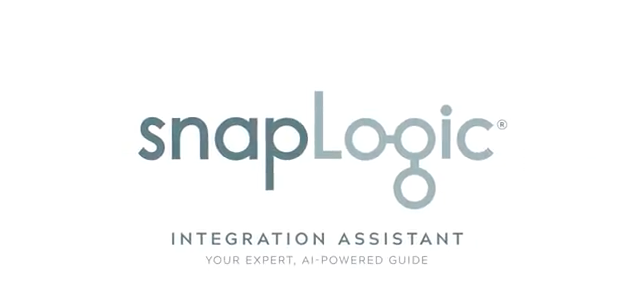
SnapLogic is turning to artificial intelligence in its Spring 2017 release. The new AI feature is designed to reduce the time and cost of cloud, analytics and digital transformation initiatives. The SnapLogic Integration Assistant is a recommendation engine that uses machine learning to provide users with step-by-step guidance for building data pipelines.
Other features in the Spring 2017 release include: Microsoft Dynamics 365 CRM integration, Workday integration, Confluent integration, Apache Hive integration, enhanced Snaps, filed encryption and decryption, and productivity enhancements.
“Customers now have a choice that uses intelligent software, not manual labor, to make integration fast and easy with no coding. We expect AI will trump APIs as the next big thing for integration,” said James Markarian, CTO at SnapLogic.
Sencha Test 2.1 released
Sencha is updating its unit and end-to-end testing solution for Ext JS apps with new features creating tests, managing defects and storing test results.
Features include the ability to inspect components and elements; execute tests from Sencha Studio; add external files; analyze test failures; and perform visual testing directly from Sencha Studio.
More information is available here.
AWS Lambda available in the AWS GovCloud Region
AWS Lambda is now available in the AWS GovCloud (US) Region, which lets developers run code in AWS GovCloud without provisioning or managing servers.
According to a AWS blog, Lambda lets developers run code in response to events like changes to data in an Amazon S3 bucket, or an Amazon DynamoDB table. It also lets developers invoke their code using API calls made using AWS SDKs.
Developers can also use Lambda to build data processing triggers for AWS services like S3 or DynamoDB, or they can create their own backend that operates at AWS scale, performance and security, according to the blog.
PostgreSQL 10 beta 1 released
The first beta release of PostgreSQL 10 is now available for download, bringing previews of the features that will be available in the final release of version 10.
The new version contains features that let users scale out and scale up their PostgreSQL infrastructure. This includes logical replication, native table partitioning, additional query parallelism, and quorum commit for synchronous replication.
The PostgreSQL Global Development Group also made three improvements to the PostgreSQL connections: SCRAM authentication for more secure password-based access, multi-house “failover,” and target_session_attrs parameter, so a client can request a read/write host, writes the team.
More information can be found here.
Heroku CI now available
The container-based cloud PaaS Heroku has announced a new low-configuration test runner for unit and browser testing. Heroku CI aims to provide a continuous integration and continuous delivery solution for developers in supported languages such as Node, Ruby, Java, Python, Go, Scala, PHP and Clojure.
“It is intended to provide the features and flexibility to be the complete CI solution for the vast majority of application development situations, serving use cases that range from small innovation teams, to large Enterprise projects,” Ike DeLorenzo, product management for Heroku.





